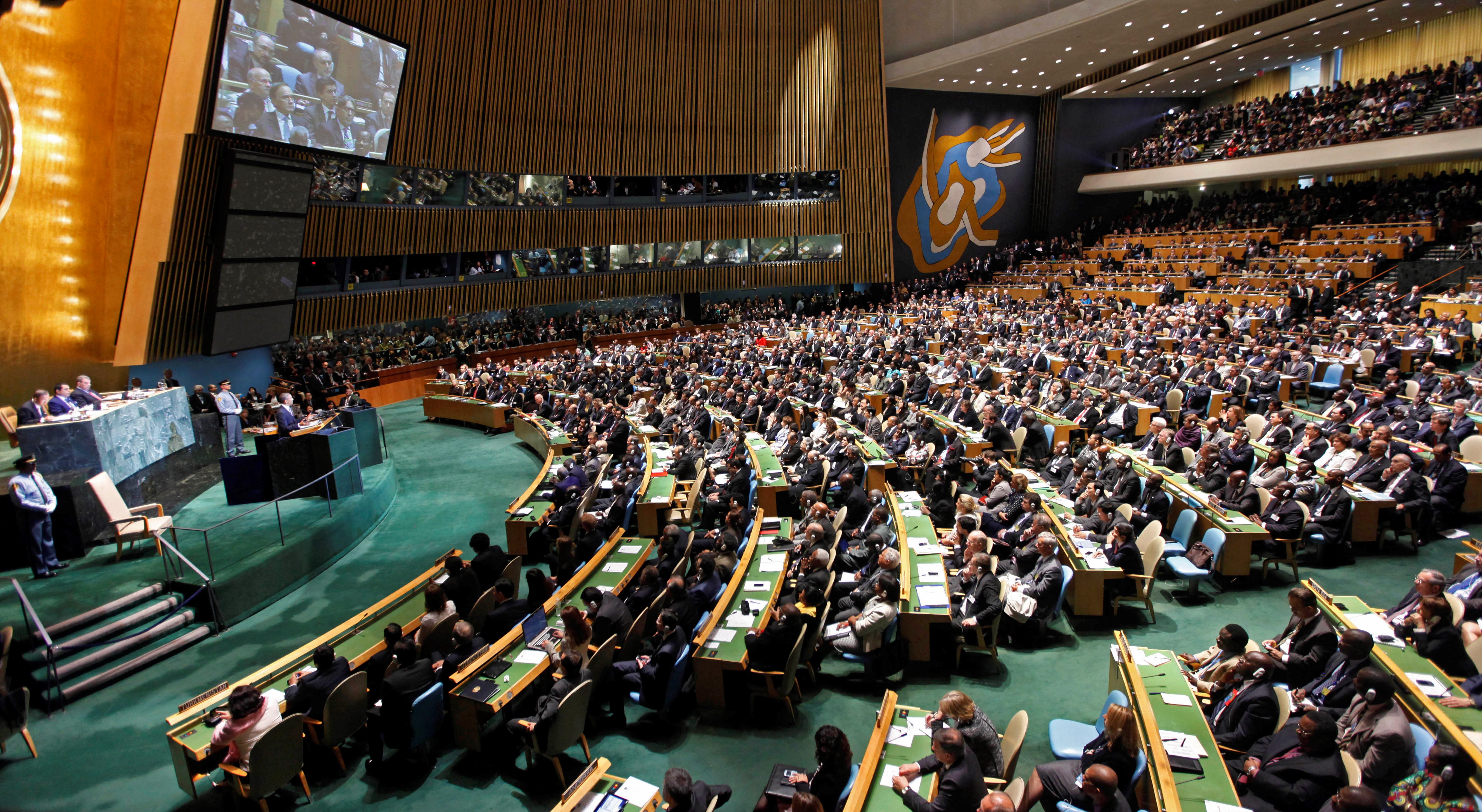Global Diplomacy Concentration

Global Diplomacy
The concentration in Global Diplomacy focuses on the interactions between nations. The courses in this concentration focus on economic interactions, military security, and international law/organization.
Language Requirement:
Students with a primary concentration in Global Diplomacy must demonstrate competency in a language appropriate to the region of their secondary area of concentration. (Competency means the equivalent of six courses in the same language.)
LSU Courses in the Global Diplomacy Concentration:
- DSM 2020 – Terrorism and Counter-Terrorism (3) Terrorism and its origins; consequences of modern terrorist attacks and campaigns; ideological and religious justifications for terrorism; domestic versus international terrorist networks; state sponsored terrorism; factors contributing to the successful preemption and disruption of terrorist attacks and networks.
- ECON 4520 – International Trade (3) Prerequisite:ECON 2000 and ECON 2010; or ECON 2030. Introduction to the basic theories of international trade including classical, neoclassical and post-neoclassical theories; discussion on how these theories relate to current economic events and policies; brief overview of major U.S. trade law; overview and analysis of major bilateral and multilateral trading agreements including the North American Free Trade Agreement, the European Union and the World Trade Organization.
- ECON 4550 – International Finance (3) Prerequisite:ECON 2035 or equivalent. Exchange rates and the foreign exchange market; exchange rate determination in the short run and in the long run; alternative international currency systems, macroeconomic policy coordination under fixed and floating exchange rates.
- ECON 4560 – Central Banking and Monetary Policy (3) Prerequisite:ECON 2035. History, economic functions, operating techniques and policies of central banks; the role of monetary policy in promoting economic stability and growth; the Federal Reserve System and current problems of monetary policy and control.
- HIST 2023 – The World Since 1960 (3) Major events since 1960 in the U.S., U.S.S.R., and selected nations of Europe, the Middle East, Latin America, Africa and Asia; emphasis on social, economic, political and national security issues.
- HIST 4028 – The First World War (3) The First World War, 1914-1918, including controversies regarding its origin and aftermath.
- HIST 4049 – The British Empire and Commonwealth (3) British Empire and development of the British Commonwealth of Nations.
- HIST 4064 – Diplomatic History of the United States, 1914 to the Present (3) Interpretations of American foreign policy in the 20th century; emphasis on public opinion and relationship of business investment to foreign policy.
- HIST 4066/MILS 4066 – Military History of the United States (3) Military policy and campaigns, war economy and organization of the armed forces.
- HIST 4130/MILS 4130 – World War II (3) Global crisis of the 1930s; Axis and Allied strategies; major military campaigns; great power diplomacy; life on the home-fronts; the Holocaust; espionage and resistance; the experience of combat; social, political and scientific consequences.
- HIST 4140 – The Vietnam War (3) French colonial rule and Vietnamese nationalism; Ho Chi Minh and the war against the French (1946-54); the National Liberation Front (Vietcong); process of American involvement and disengagement; counter-insurgency and the air war; anti-war movement in the United States; reasons for failure of American policy; Vietnam since 1975; lessons and legacies for the U.S.
- POLI 4041 – International Law (3) Prerequisite:POLI 2057 or equivalent. Development of international law; law of peace, war and neutrality; treaty law; recognition, war crimes, law enforcement, state responsibility and diplomatic immunities under the United Nations.
- POLI 4042 – International Organization (3) Origins, development and future of international organization; emphasis on the United Nations.
- POLI 4043 – American Foreign Policy (3) “National interest” as guiding consideration in development of American foreign policy from the beginning to the present; importance of the constitutional framework; presidential and congressional leadership; pressure groups and public opinion; changing world environment and American response.
- POLI 4044 – The Contemporary International System (3) Prerequisite:POLI 2057 or equivalent. Developments and trends in the international system since World War II; classical and modern versions of the balance of power; bipolarity, multipolarity and other elements of systems theory; concept of deterrence and game theory; decision-making theory; integration theory; conflict and conflict-resolution theory.
- POLI 4046 – International Political Economy (3) Prerequisite:POLI 2057 or equivalent. Theories of international interdependence, dependence and integration; politics of decision making on protectionism and international finance; role of multinational corporations in world political economy; North-South debate; economic issues and national security.
- POLI 4047 – Political Psychology in International Relations (3) Cognitive personality and group psychology in international relations.
- POLI 4048 – International Conflict and Cooperation (3) Theories of international conflict, war and conflict resolution.
- POLI 4062 – Comparative Political Economy (3) Credit will not be given for both this course andPOLI 7976. Cross-regional comparison on the interaction between politics and economics; topics include electoral business cycles, foreign trade, foreign investment, industrial policy and the environment.
- POLI 4063 – Comparative Political Institutions (3) Credit will not be given for both this course andPOLI 7972. Comparative analysis of political institutions; emphasis on constitutional design, electoral and party systems, legislatures, cabinets and parliamentary and presidential structures.
- POLI 4064 – Comparative Politics of Developing Areas (3) Problems of development confronted by contemporary states and societies of the Third World; emphasis on role of ethnic pluralism, political parties, bureaucracies and the military.
- POLI 4074 – Politics of the European Union (3) The political, social, legal and economic unification of Europe.
Note: Course offerings will vary from semester to semester, and there are invariably new courses or special topics classes which are applicable to this concentration but do not appear on the list below. A scheduling guide listing course offerings will be circulated before scheduling begins for each semester. Also students who study abroad can ask to count courses taken abroad toward their concentration. Generally any course focusing on issues of trade, terrorism and war, foreign policy, or international organizations can be applied to the concentration.
Study Abroad Options:
Study Abroad options for this concentration are numerous. Please visit the Academic Programs Abroad website(http://international.lsu.edu/apa/) for more information.